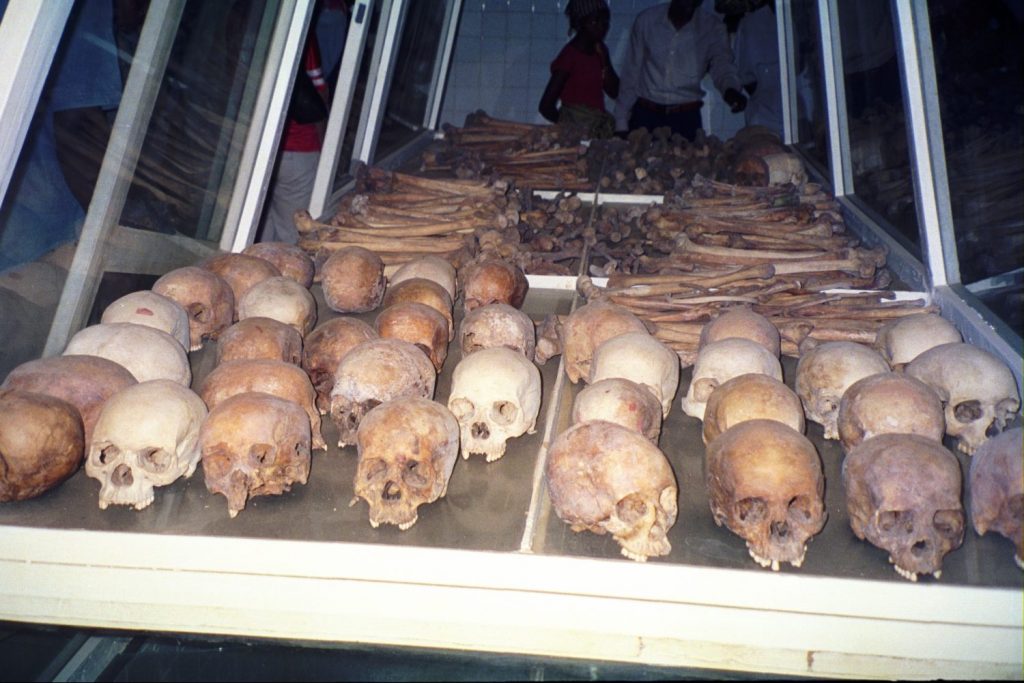Kent Law School Postdoctoral Researcher Dr Jastine Barrett will discuss Rwanda’s response to the genocide of 1994 as part of a series of free public talks about international legal issues in the news.
Dr Barrett’s talk,’What a Difference a Day Makes: Child Perpetrators of Genocide in Rwanda’, is one of a series organised by the Law School’s Centre for Critical International Law (CeCIL). The talk is free and open to all. It will be held on Monday 5 Feb in the Friends meeting House, 6 The Friars, Canterbury at 19.00, with doors opening at 18.30.
Dr Barrett’s research focuses on the role of children in the genocide when an estimated 800,000 people were killed in 100 days. The participation by ordinary citizens, among them children, was a key, and distinguishing, feature of the Rwandan genocide.
Children were reported to be involved in the whole range of acts that were committed in the course of the genocide including murder, assault, rape, looting, destruction of property and denunciation to the militia of those in hiding.
In 1998, more than 4,500 children under the age of 18 were held in prisons, most of them accused of genocide-related acts: many later came before the formal courts or the gacaca courts (a quasi-traditional system of justice), and administrative measures were also adopted to deal with these child perpetrators.
In her talk, Dr Barrett will discuss Rwanda’s responses, in law, policy and practice, to child génocidaires and will touch on questions such as: What are the obligations on states when holding children accountable for international crimes? What challenges face a post-conflict state in complying with these obligations? How were children held accountable for genocide in Rwanda? And were children given differential treatment on grounds of their age as required by international law?

